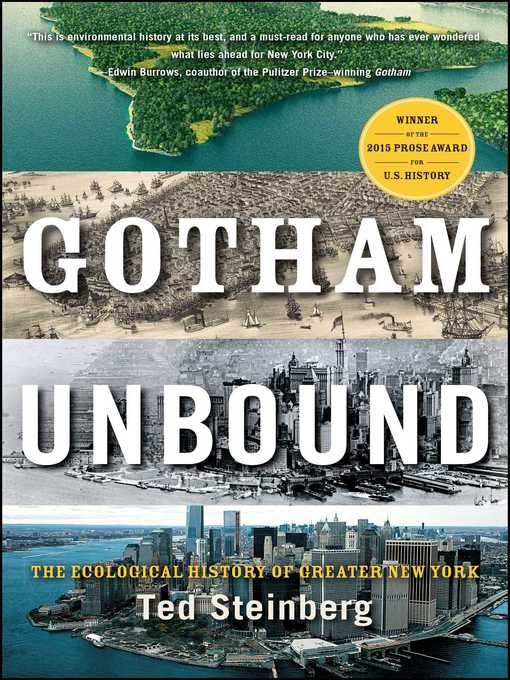- Available eBooks
- Set In The West
- Shelf Care
- DRAGONS!
- Try Poetry
- Published In 2024
- Mysteries & Thrillers of the Week
- Recommended Reads of the Week
- New York Times Bestsellers eBooks & Audiobooks
- See all
- All Audiobooks
- Audiobooks Published In 2014
- Shelf Care
- DRAGONS!
- Try Poetry
- A Cozy Mystery Audiobook Collection
- A Selection of Fantasy Audiobooks
- Mysteries & Thrillers of the Week
- Recommended Reads of the Week
- New York Times Bestsellers eBooks & Audiobooks
- See all
- Cars & Motorcycles
- Sports
- Travel & Outdoors
- Photography
- Aviation & Boating
- Kids & Teens
- News & Politics
- Family & Parenting
- Art & Architecture
- Business & Finance
- See all


